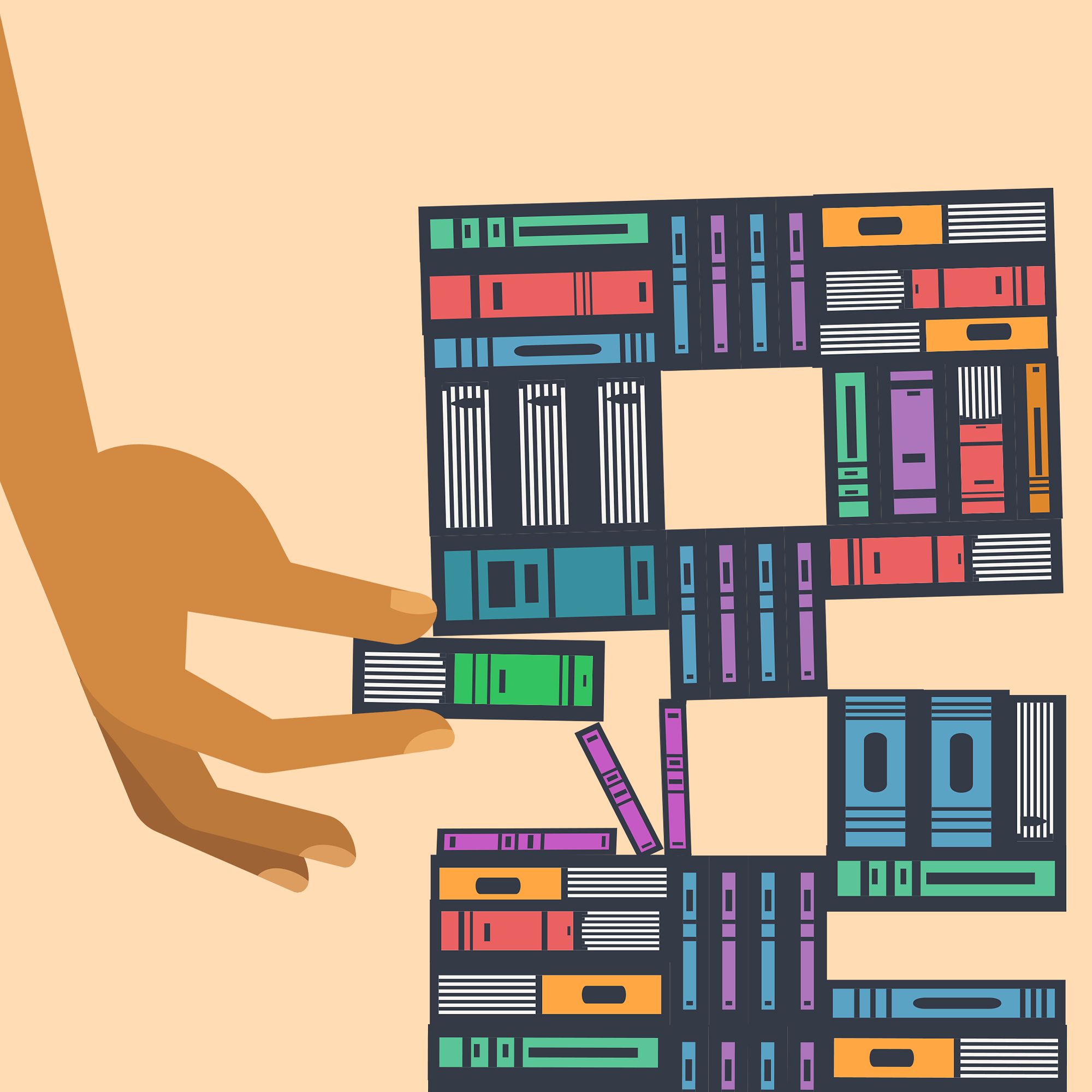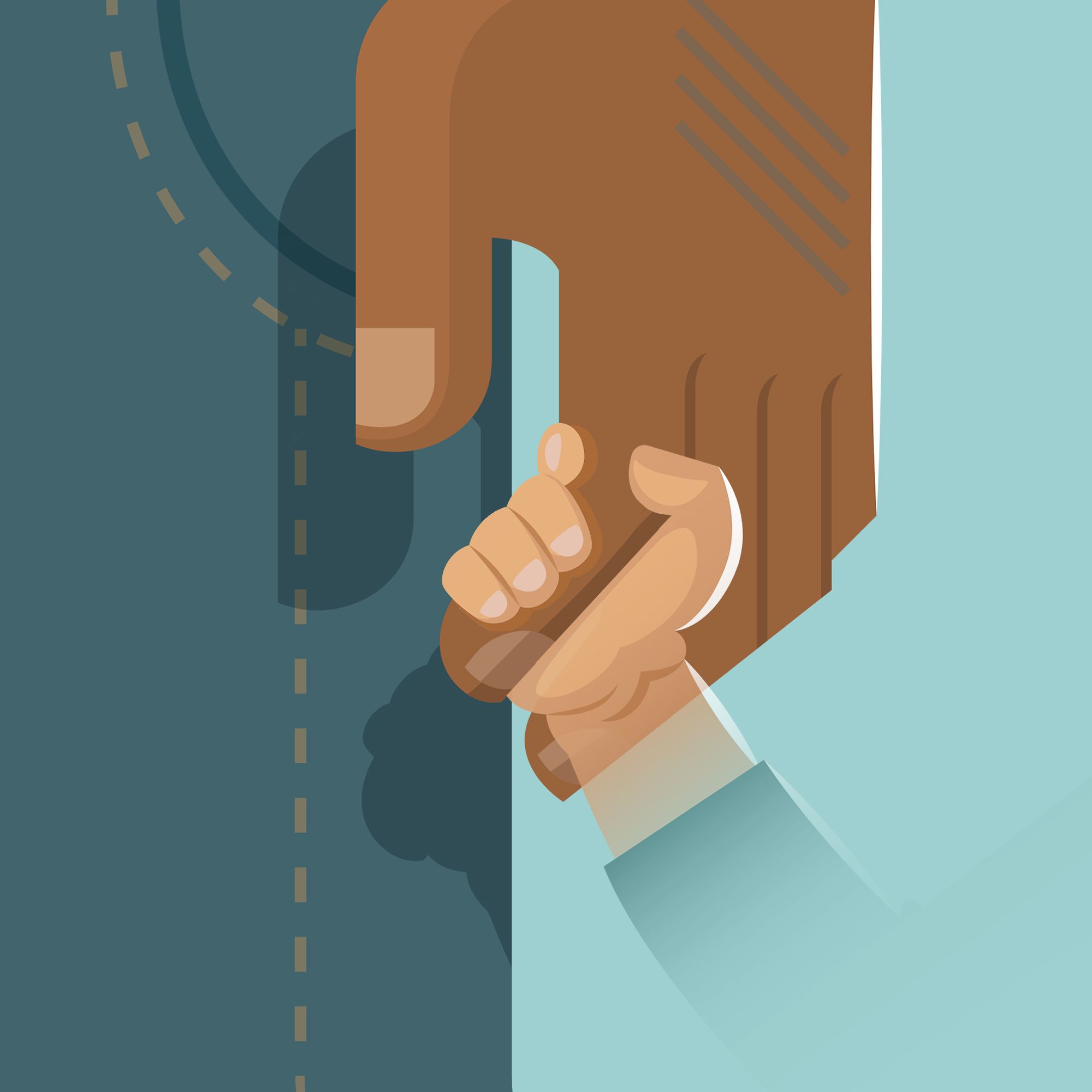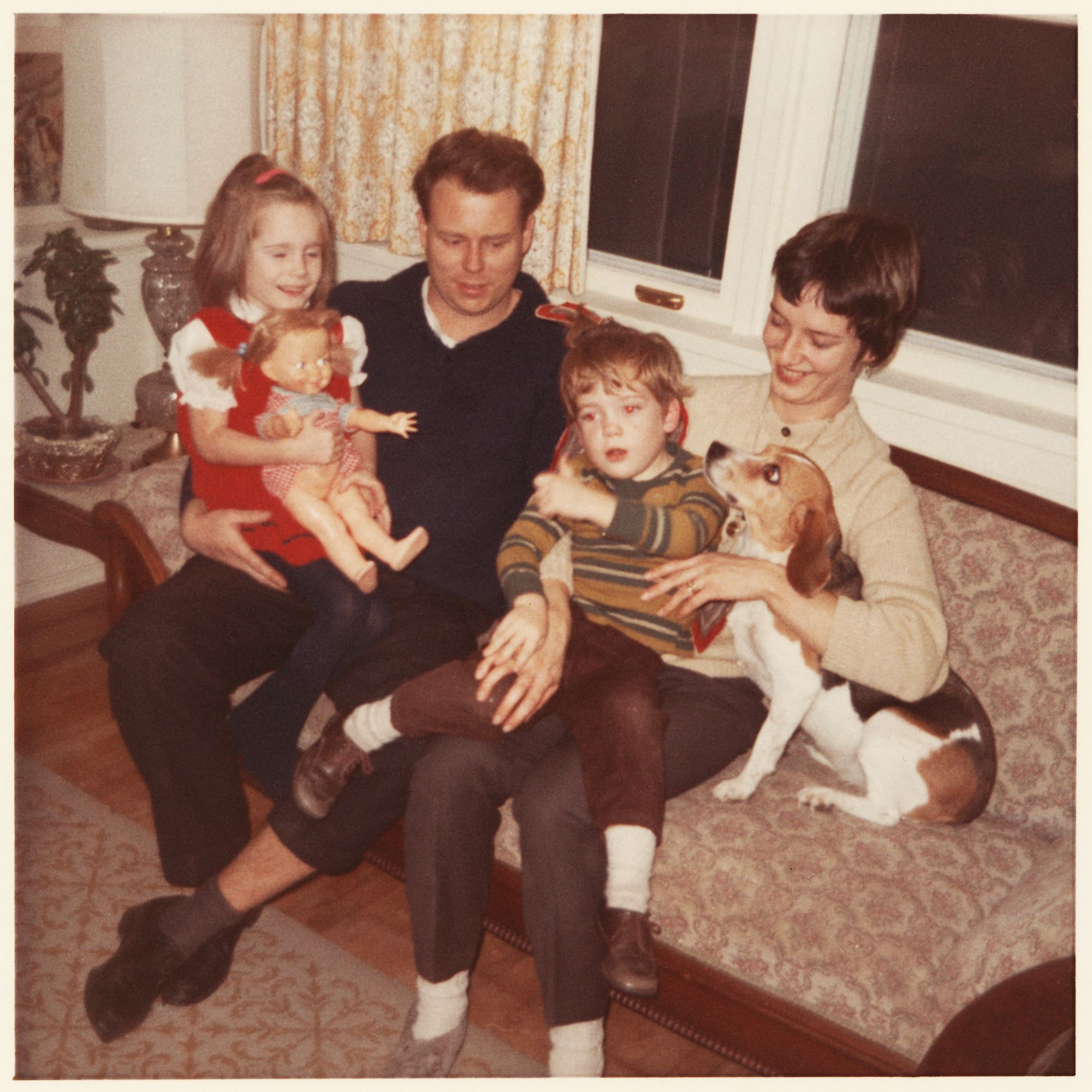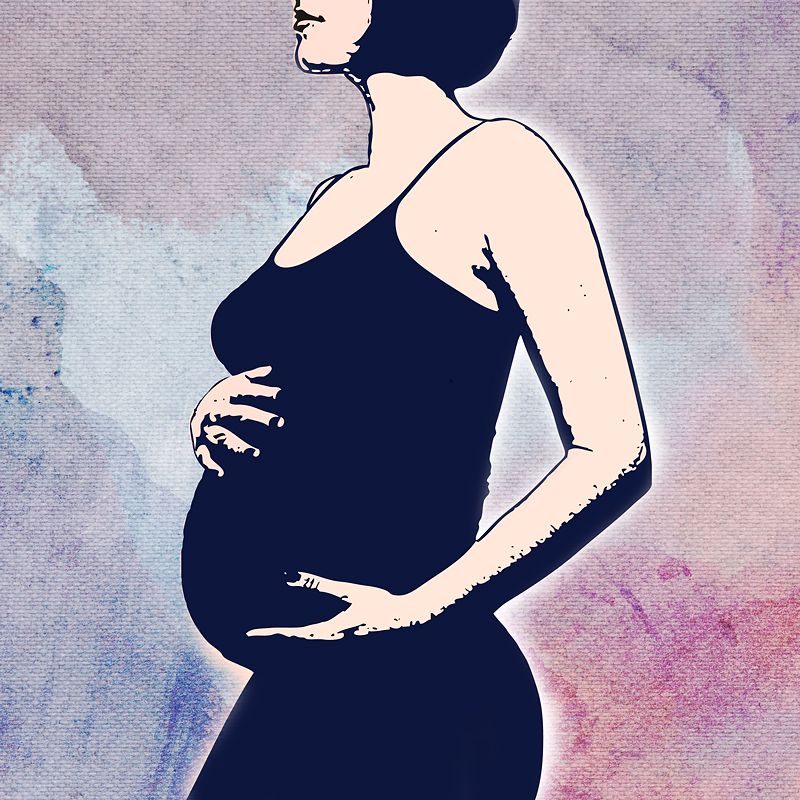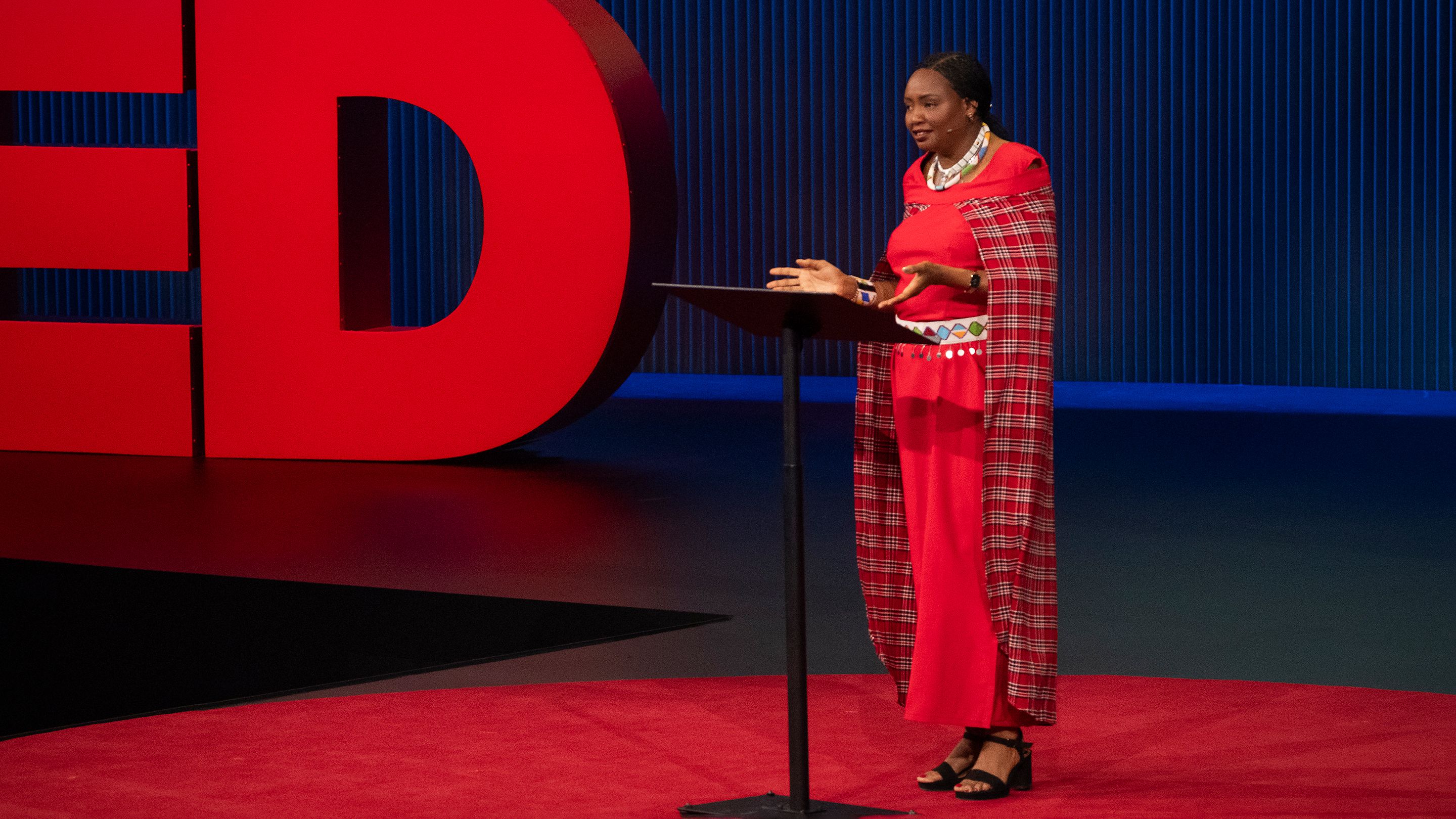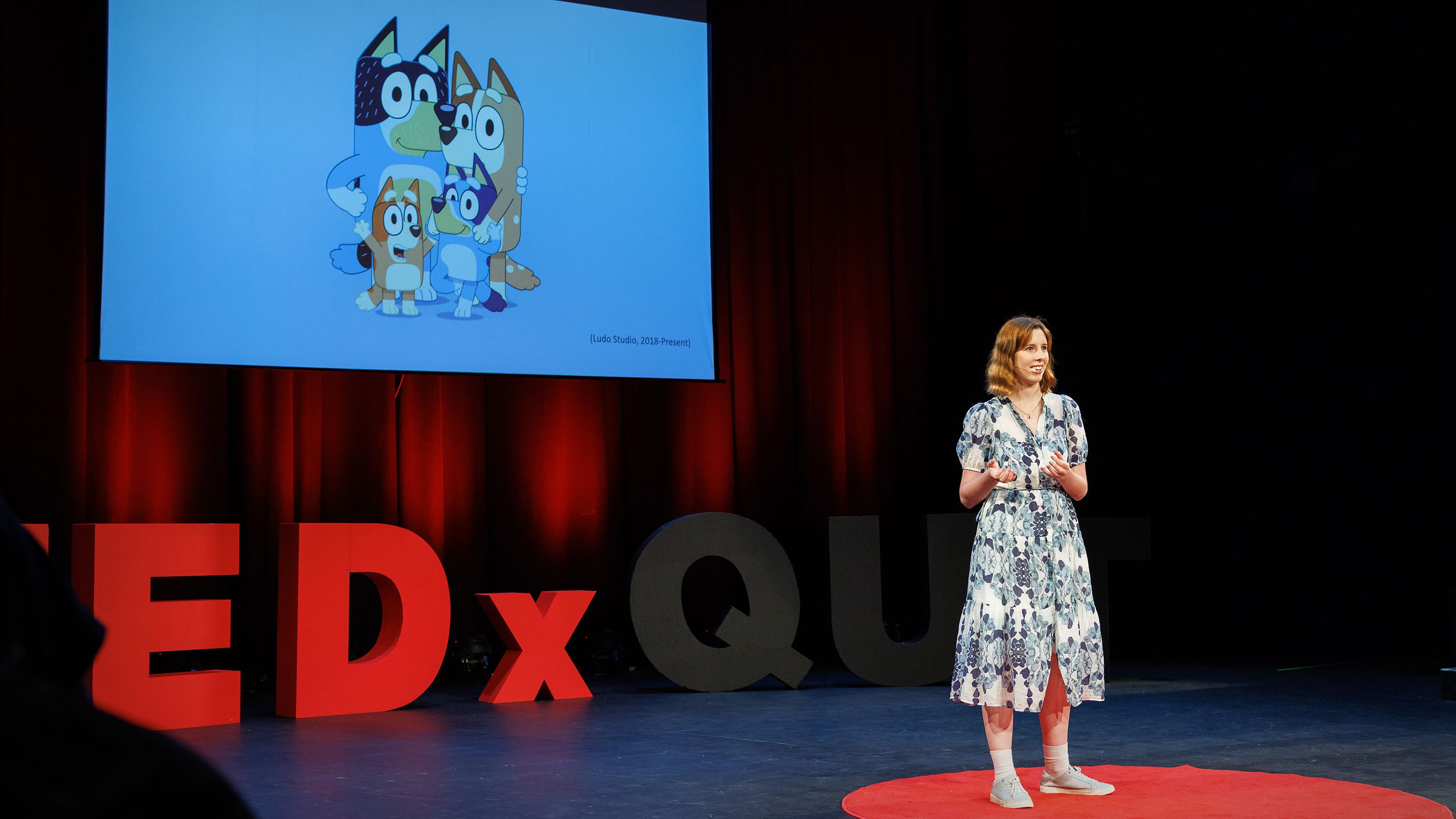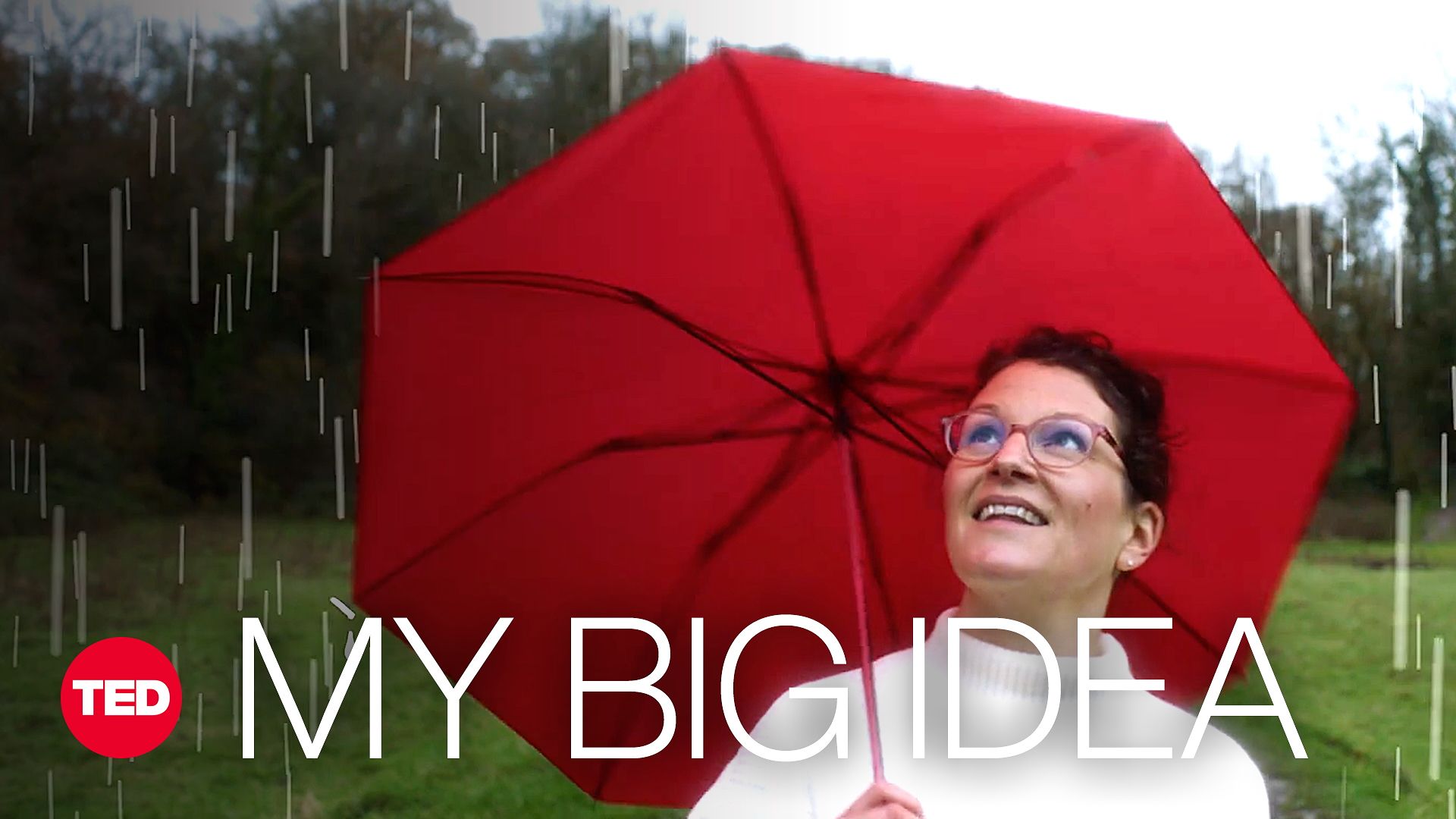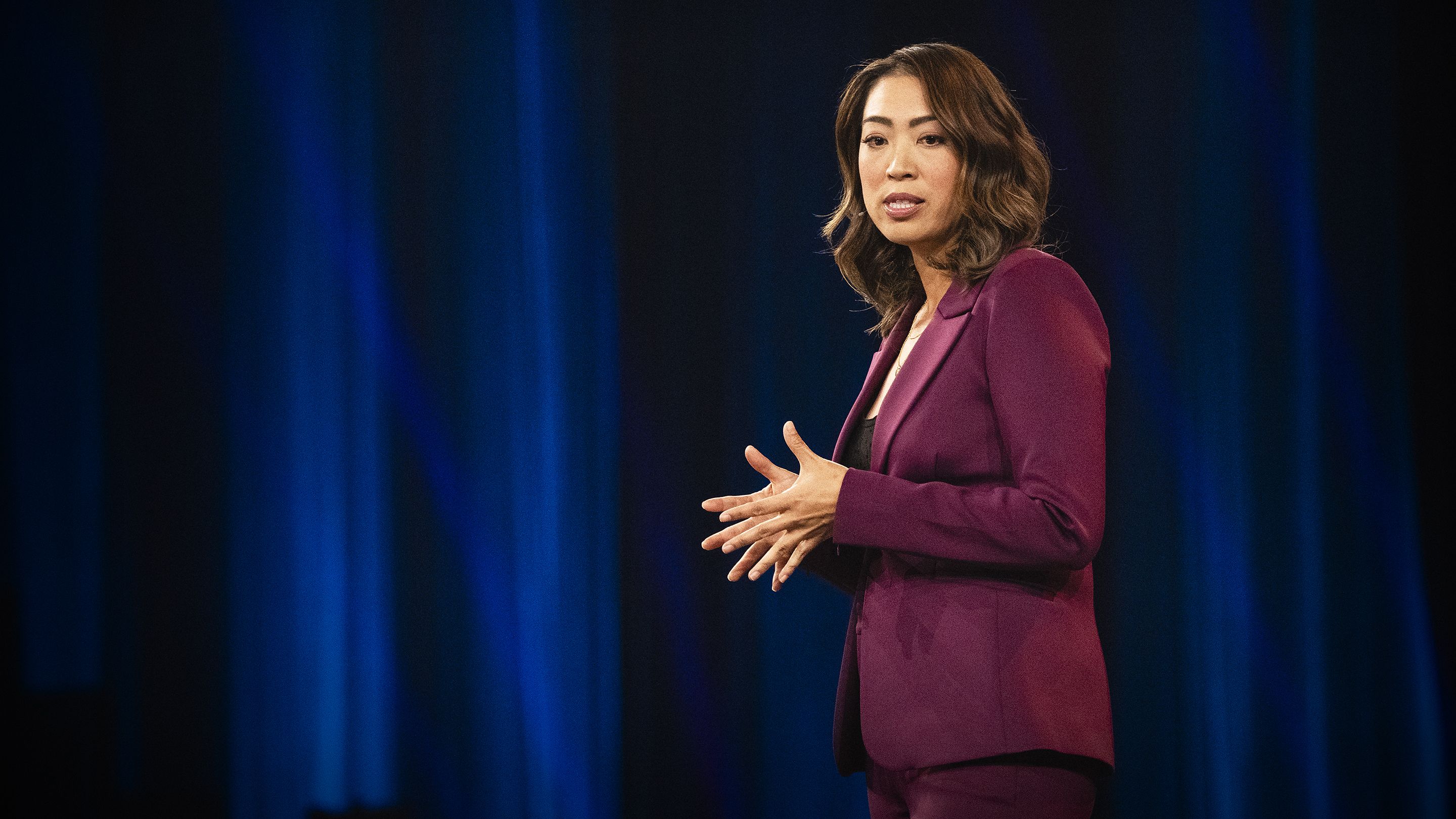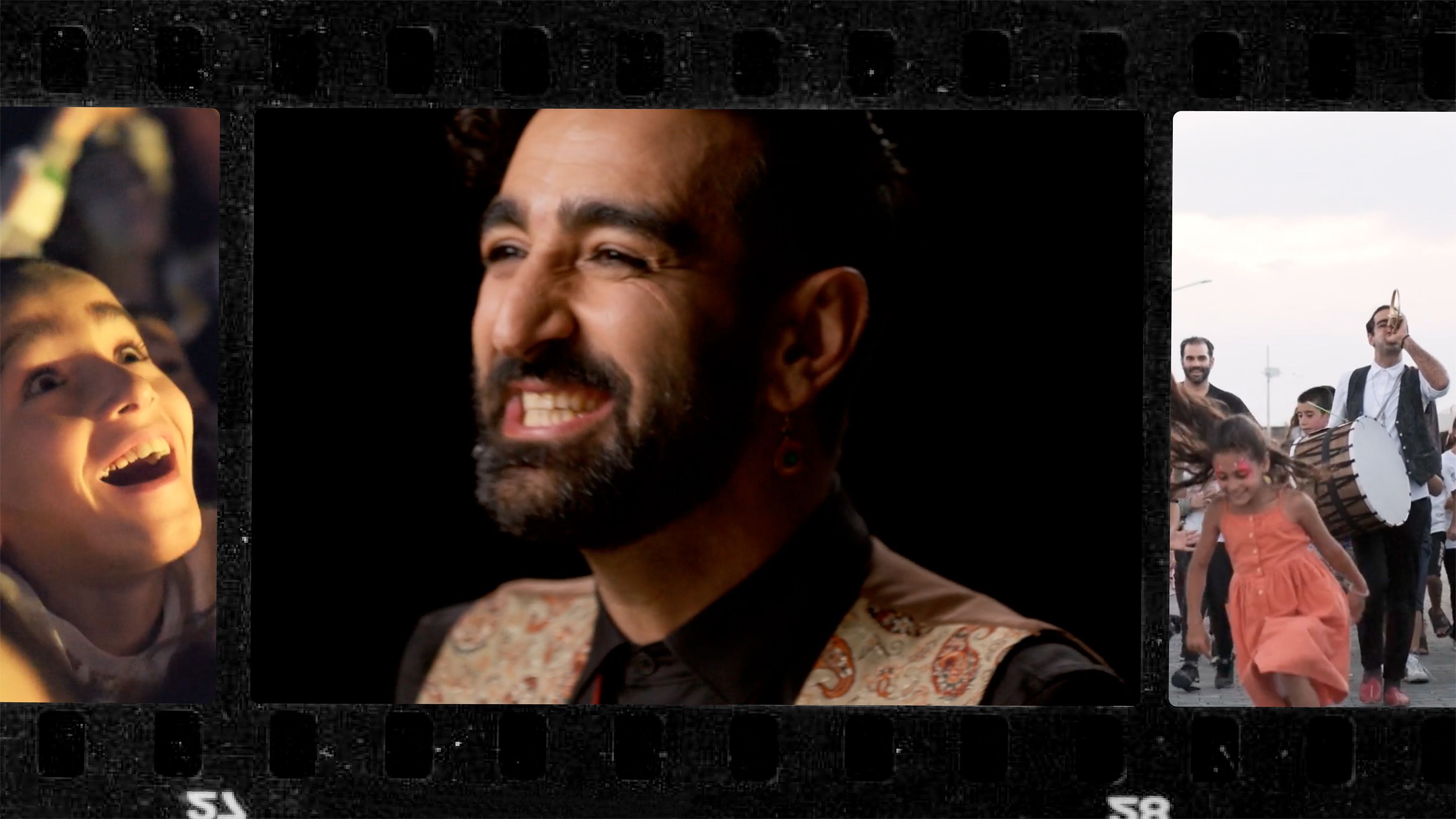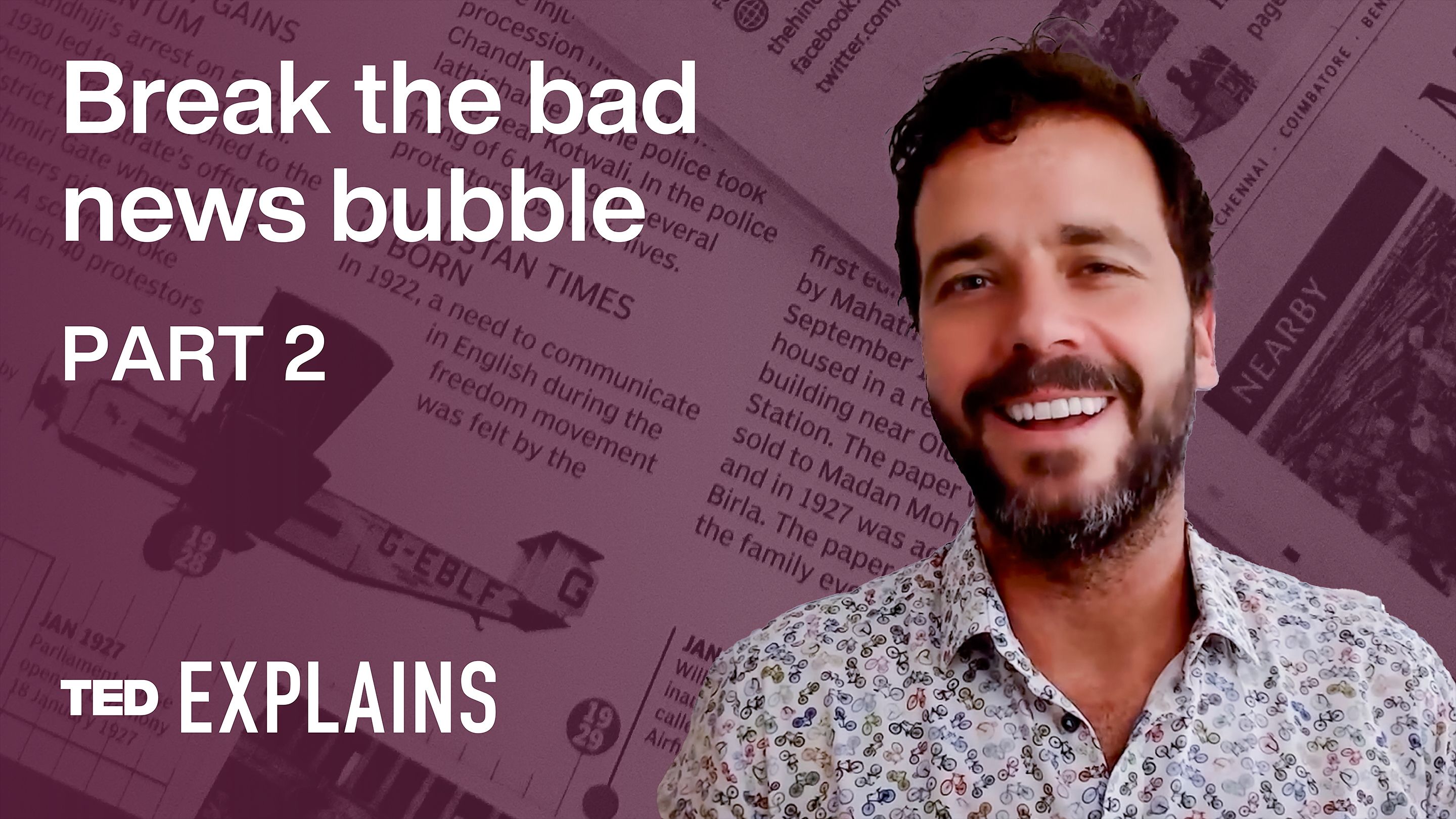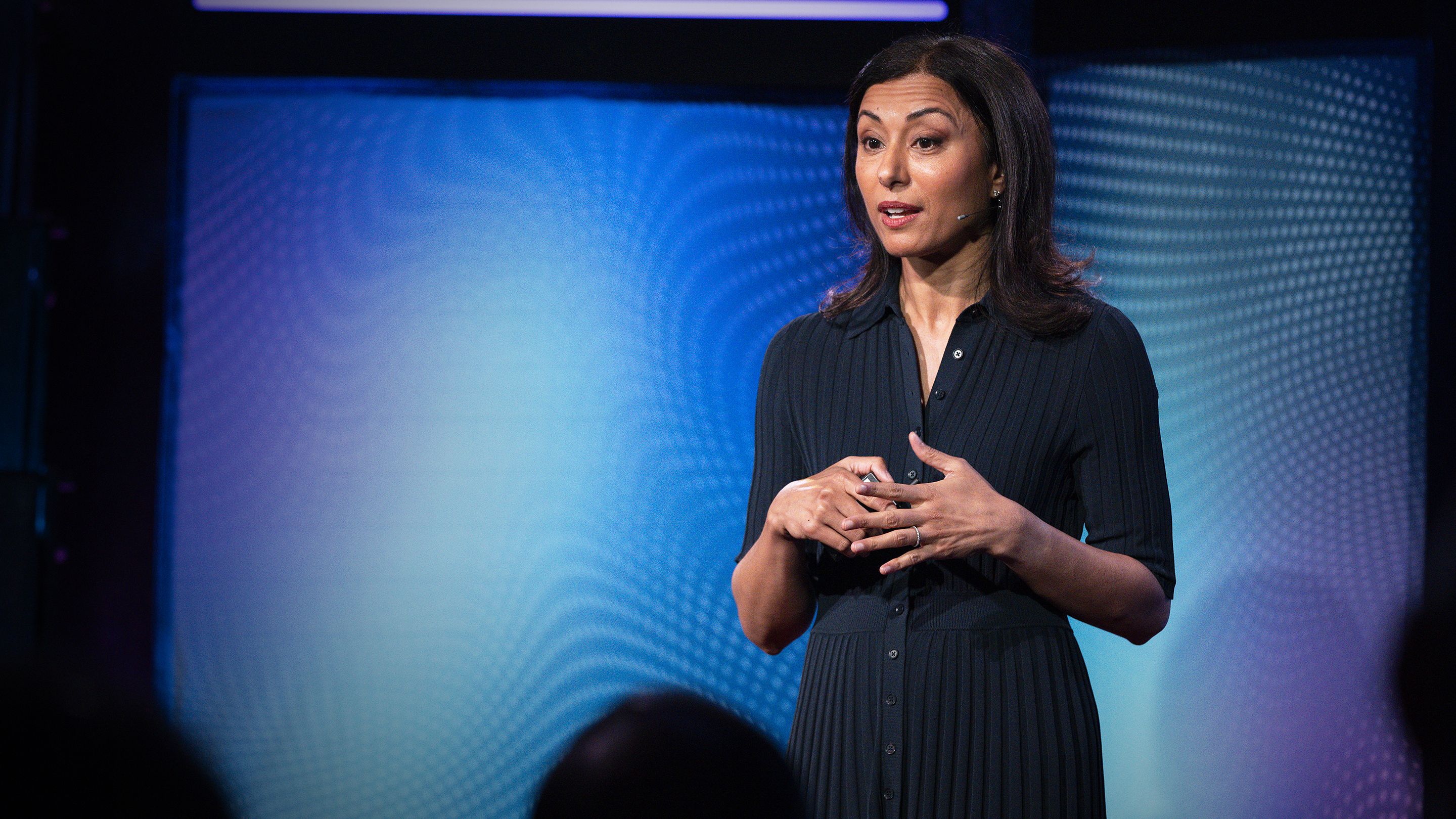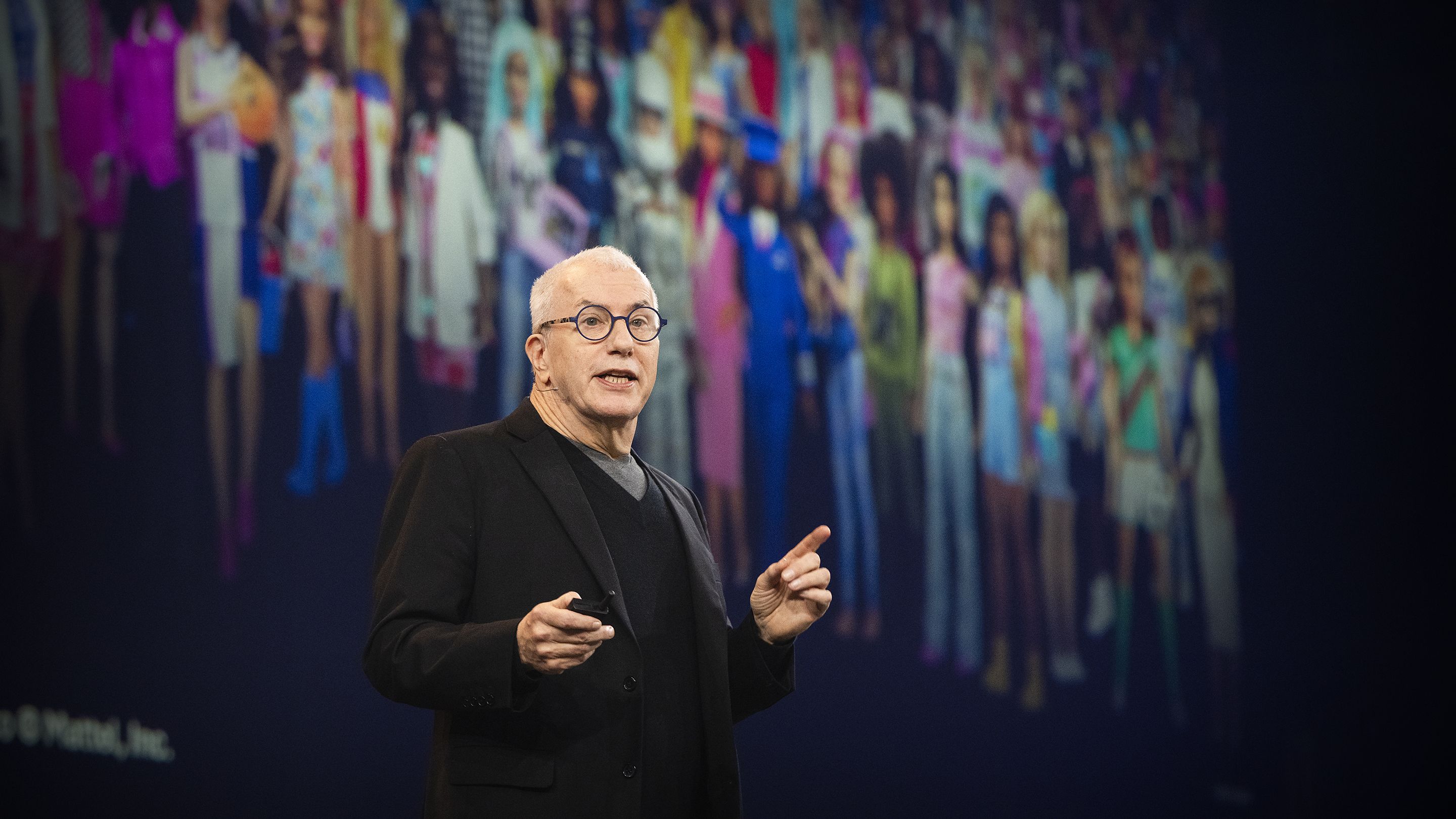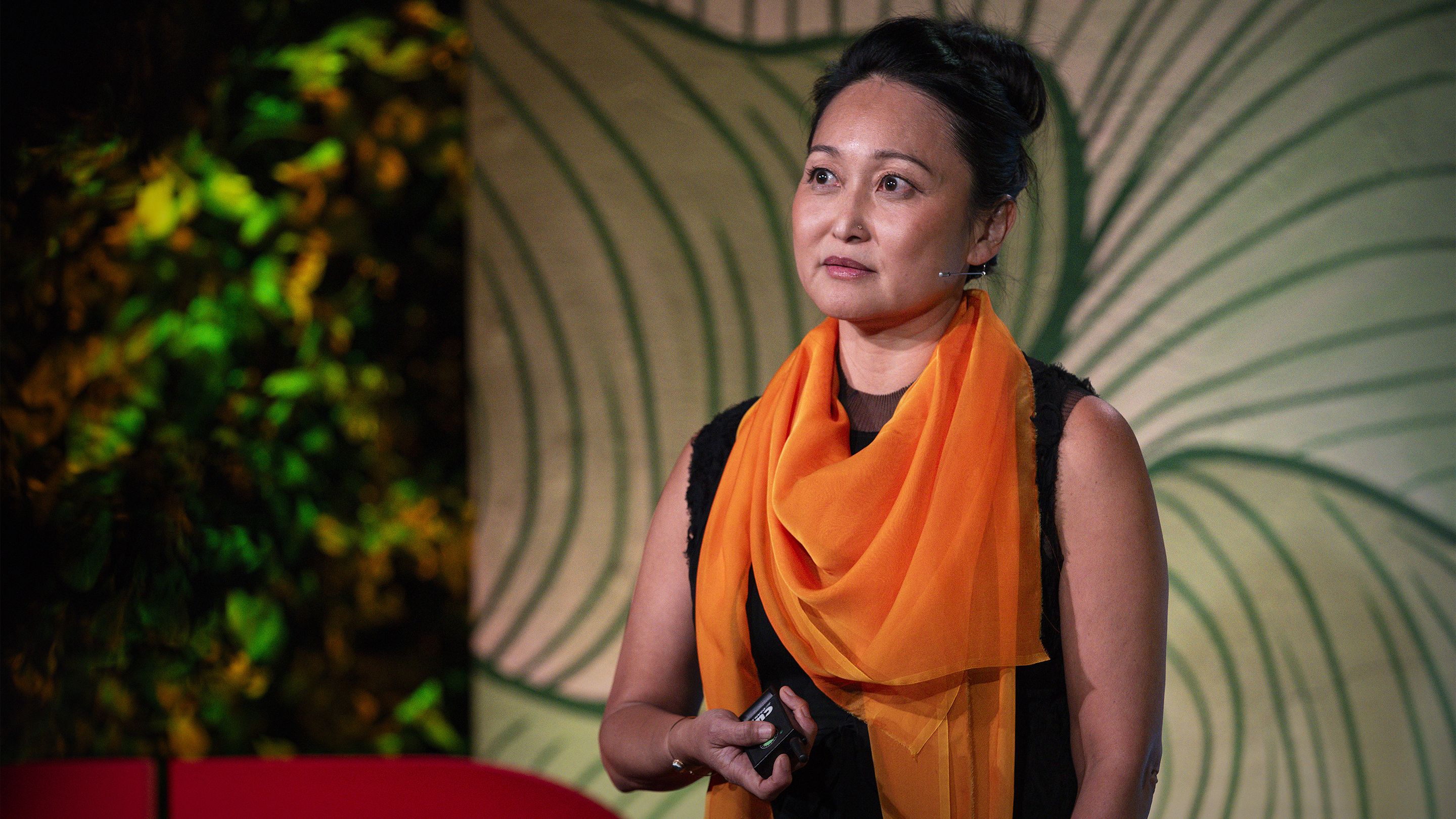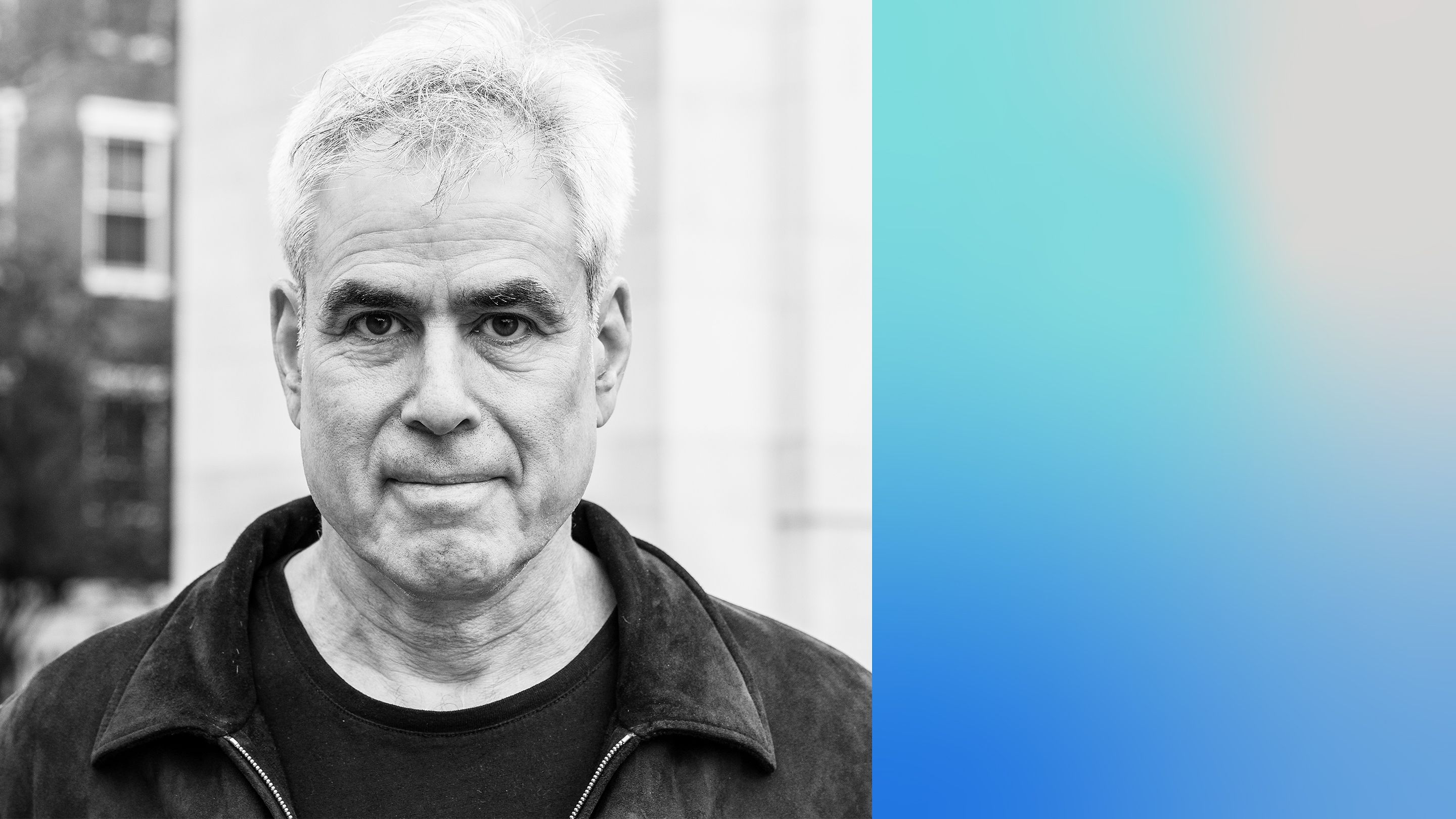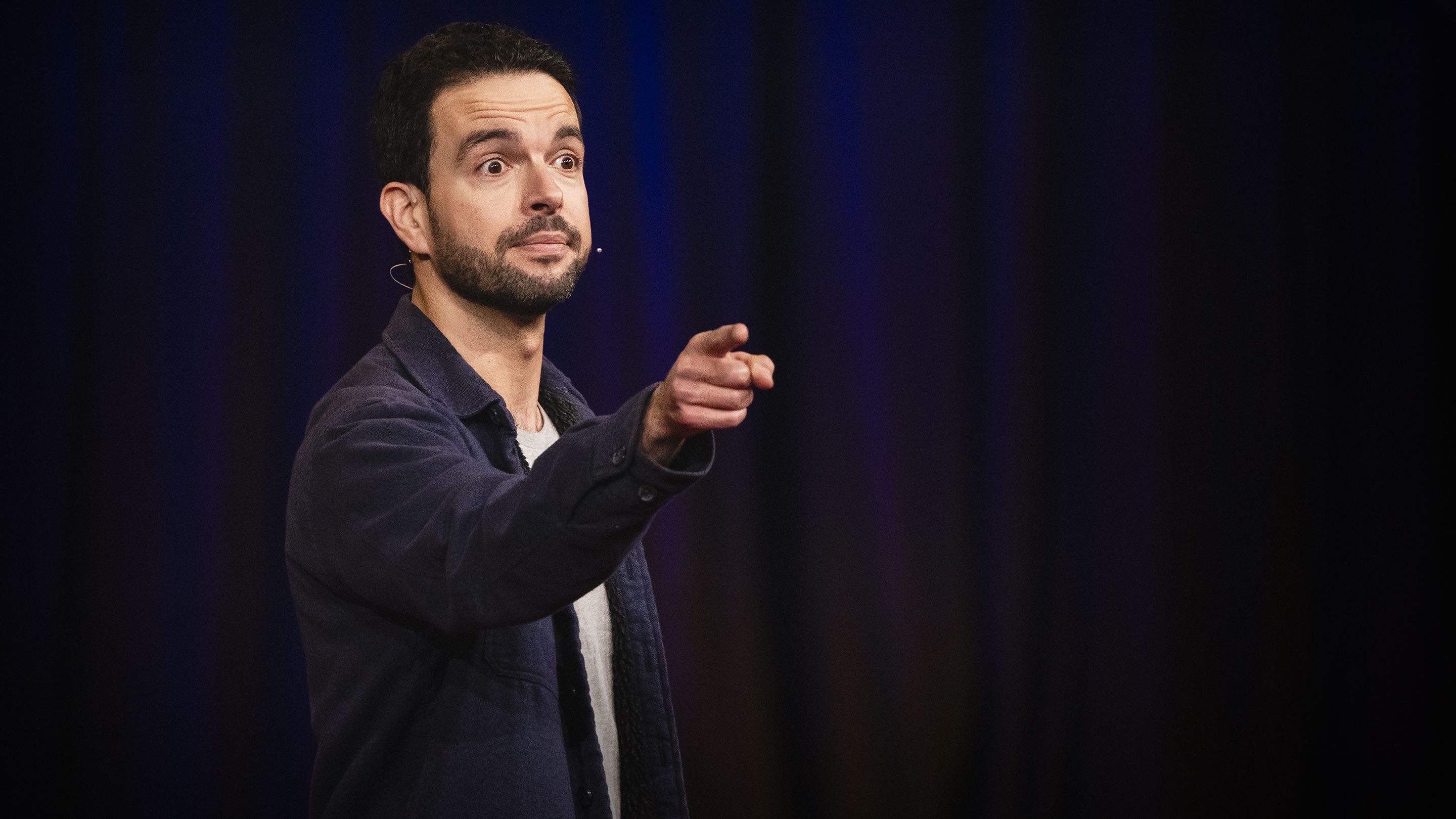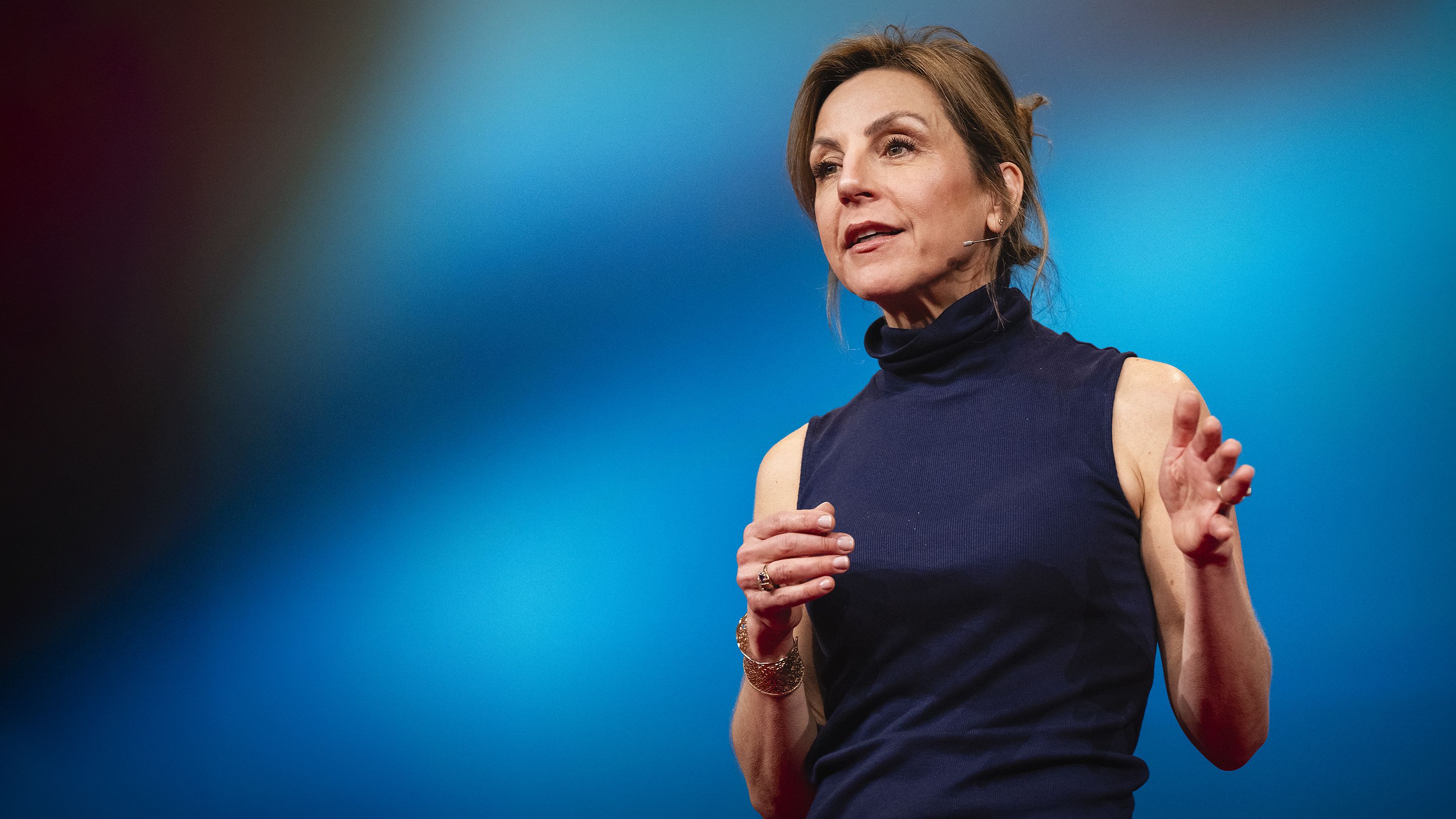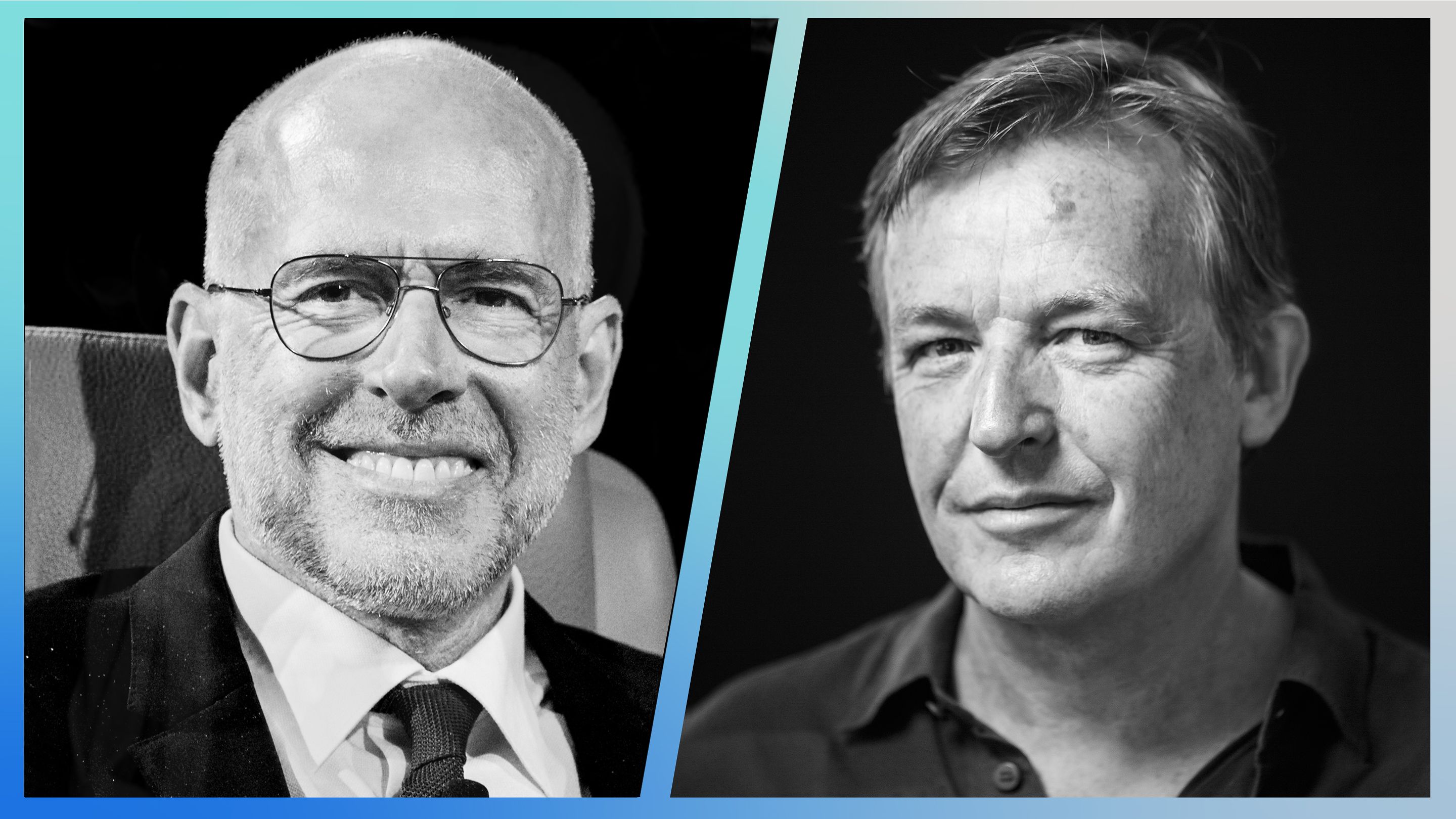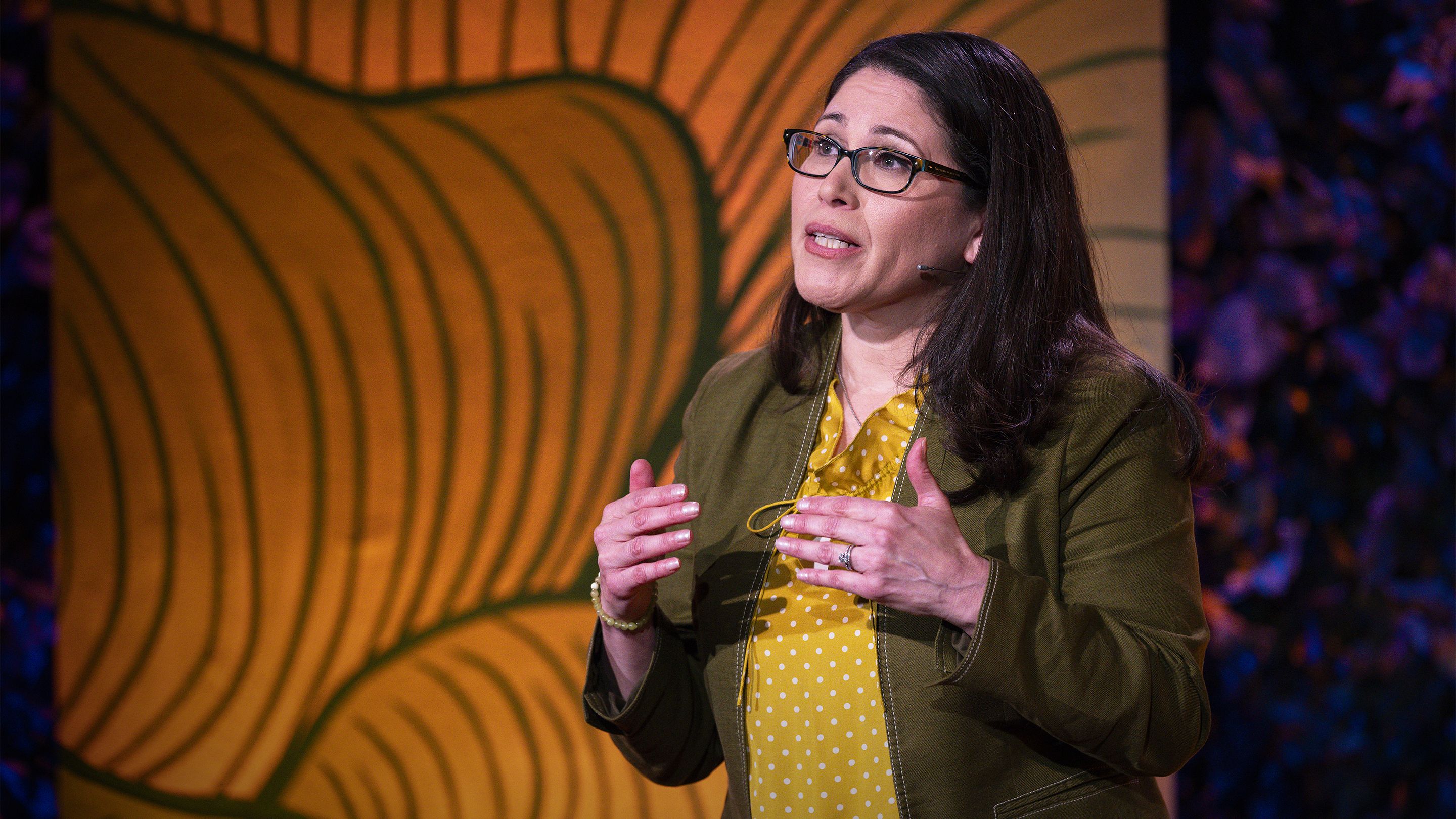Kids
A collection of TED Talks (and more) on the topic of Kids.
Video playlists about Kids
See all playlists on Kids
Talks about Kids
See all talks on Kids
Exclusive articles about Kids
Stop thinking of your kids’ gaming time as wasted time; here’s why
Gaming today is far more social, skillful and beneficial than the video games you grew up with, says coach Cara Lane. So instead of telling your kids to turn the &*%! thing off, ask: "Can I watch you game sometime?"
Posted Jul 2020
A car-trip video playlist: 8 great TED-Ed lessons to make a drive fly by
Got a car full of restless kids and miles of road ahead of you? These 8 TED-Ed lessons will entertain and amaze them -- and teach them a thing or two along the way.
Posted Nov 2019
Nature can be as engaging as video games — how to help kids fall in love with the outdoors
You don’t need to go to a national park to help your kids fall in love with nature; a walk around the block can be enough. Tech also doesn't have to be the enemy. Instead, use it as a tool to enhance their awe, says science communicator Scott Sampson.
Posted Jul 2019
